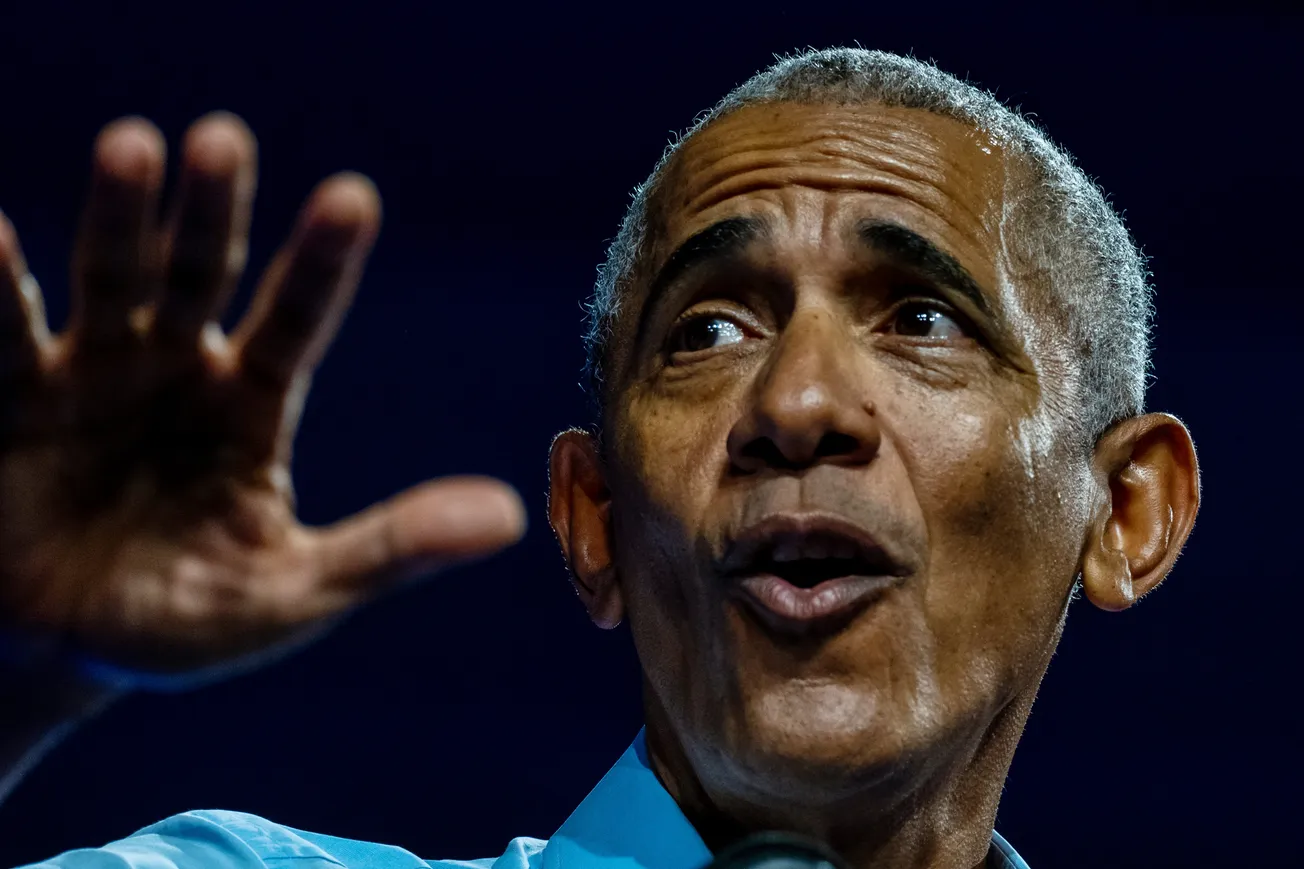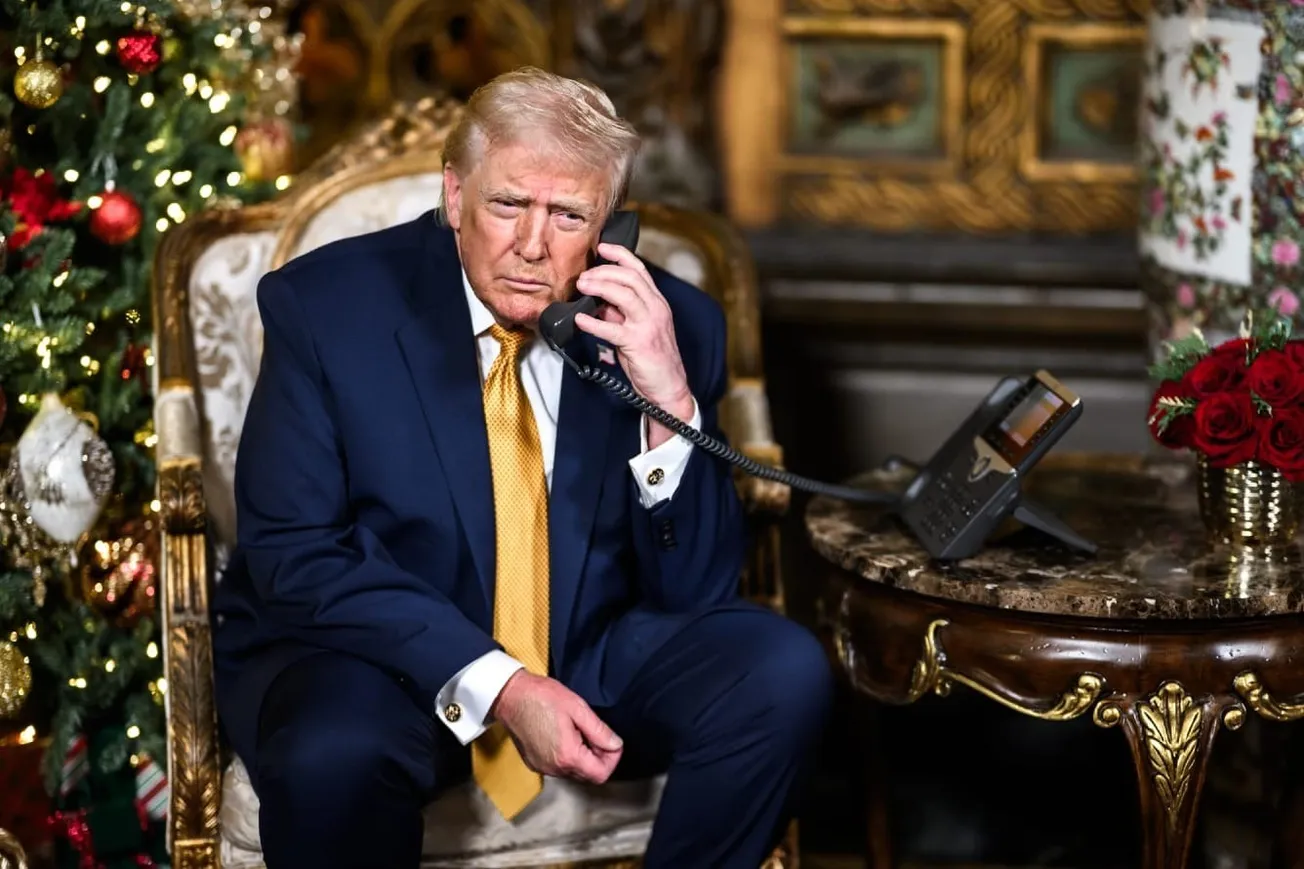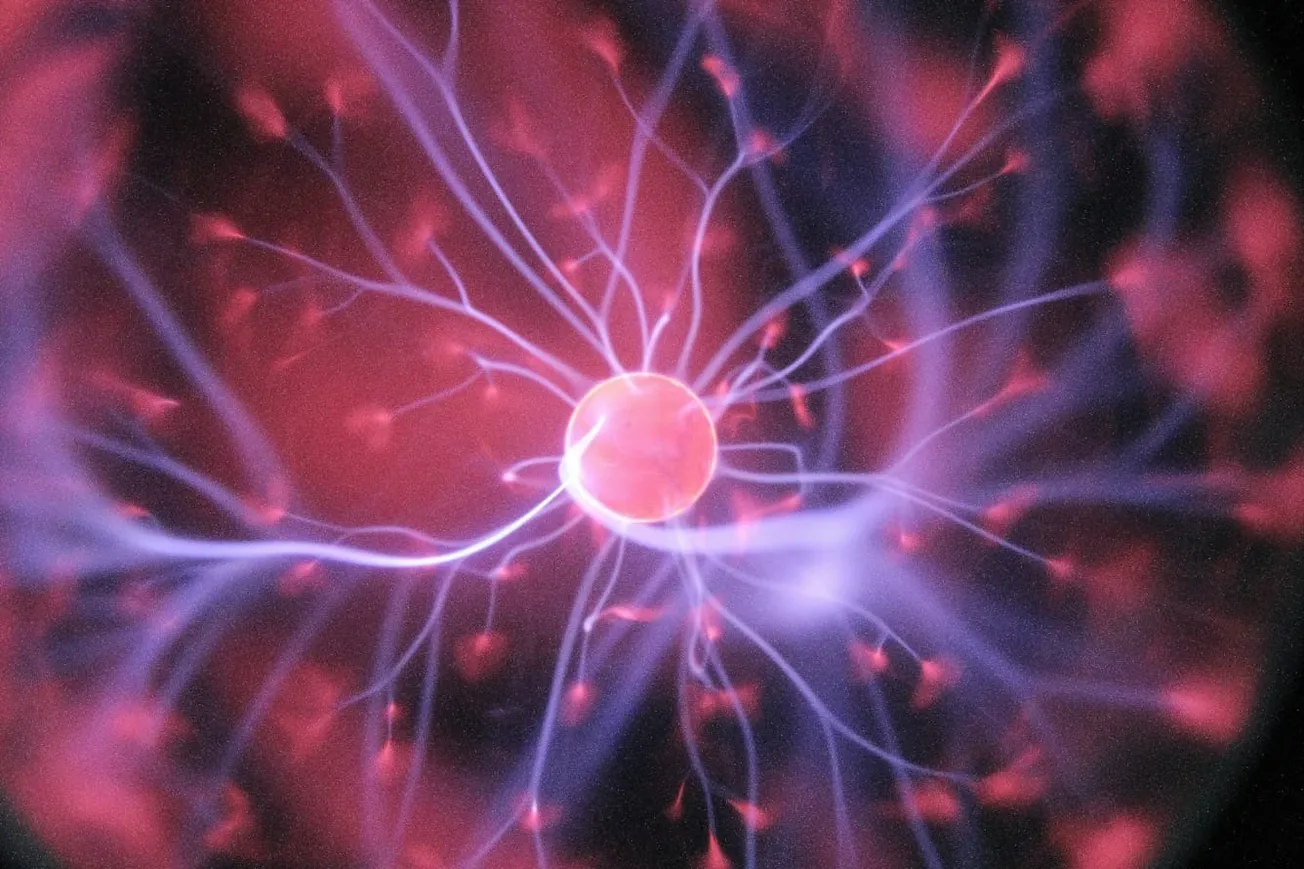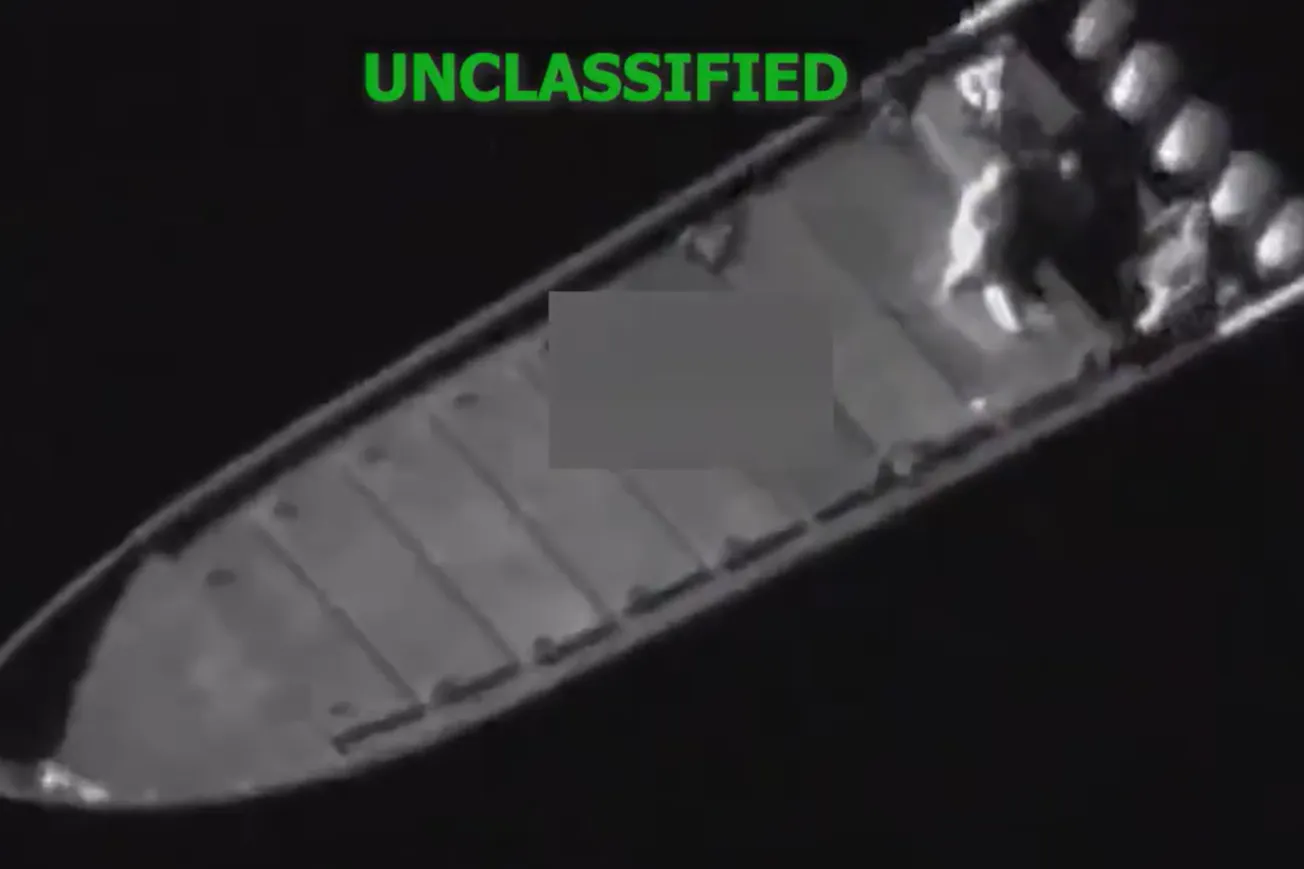One man's thirst for power could destroy peace on an entire continent.
In the 2020 presidential election in Belarus, President Lukashenko was "elected" once again for his sixth consecutive stint as the country's leader. Here's a brief timeline of his reign.

The Belarusian people, fed up with President Lukashenko and his rule, protested the election openly. Lukashenko reacted harshly to the protests by imprisoning an estimated 35,000 protestors and journalists and forcing opposition leaders, including Belarus's rightful president, Sviatlana Tsikhanouskaya, into exile.
The crackdown by Lukashenko led to immediate European condemnation. The forced landing of a Ryanair flight in Minsk on May 23, 2021, and the related detention of journalists Raman Pratasevich and Sofia Sapega, widely condemned as piracy, led to E.U. sanctions. The official reasoning behind the sanctions on the Belarusian government includes the escalation of serious human rights violations in Belarus and the violent repression of civil society, democratic opposition, and journalists.
The E.U.'s economic sanctions on an already poor Belarusian economy began in June 2021. The sanctions included a prohibition on selling, directly or indirectly, supplying, transferring, or exporting equipment, technology, or software intended primarily for monitoring or interception of internet and telephone communications to anyone in Belarus.
Trade in petroleum products, potassium chloride ('potash'), one of Belarus's most important exports, and goods used to produce or manufacture tobacco products is restricted. The sanctions block access to E.U. capital markets and insurance and re-insurance to the Belarusian government and public bodies and agencies.
Lastly, the European Investment Bank stopped any disbursement or payment under any existing agreements concerning projects in the public sector and any current Technical Assistance Service Contracts. Multilateral development banks belonging to member states limited their involvement in Belarus.
In response to the E.U. sanctions, Lukashenko enlisted the aid of President Recep Erdogan of Turkey and Turkish Airlines to operate regular flights to Minsk, alongside Syria's Cham Wings and the Emirati budget airline FlyDubai, to bring migrants, mainly from Iraq, Syria, and Yemen to Belarus. With promises to migrants that Belarus would provide passage to Poland and eventually Germany, the preferred destination of many migrants, he lured the migrants into a trap.









